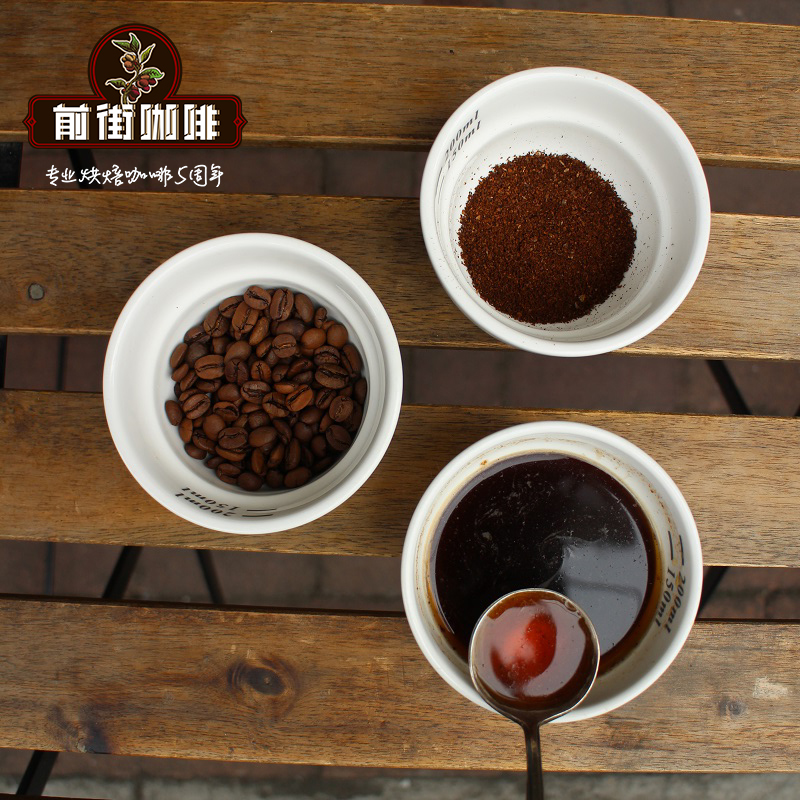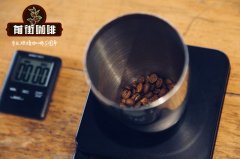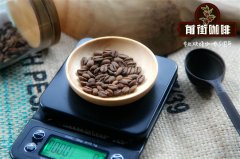Description of the Flavor of Finca El Picacho washing Kaduai in the Coffee production area of Massaguara, Honduras

Apolonio Canales Portillo is a coffee producer from the Pozo Negro community of the nearby town of Masaguara, located in the Intibuca district of the mountains of Nicaragua, not far from El Salvador.
Apolonio, who has always lived in the area, started growing coffee when he managed to buy 8 hectares of land to build a Finca El Picacho a decade ago. At present, there are only five hectares of coffee planting area. Because of the small size of the farm, Apolonio prefers to focus on getting high-quality products and higher prices. He recently invested in a solar dryer, paying special attention to cherry picking, which is carried out in multiple steps, collecting only the most mature cherries.
After harvest, there are further options to remove any immature cherries that may be harvested by carelessness. Remove the skin and mucus of cherries with a mechanical desizing agent. The pachment is fermented for 12 hours at the first time, and then sent to the washing channel to determine the density and remove which less mature beans. Then wash the remaining beans in clean water for an extra 12 hours, and then dry them in a more typical way than in South America: place the coffee beans on an elevated bed for 11 to 20 days and cover overnight at warmer times of the day. Finally, the parchment is removed by mechanical method, and then the raw beans are packed in vacuum.
In the cup, this kind of coffee is full-bodied, floral and very complex. It has the taste of grapefruit and almost the sweetness of candy. It can be roasted according to the custom espresso.
Country of origin: Honduras
Area: Masaguara-Intibuca
Farm: Finca El Picacho
Farmer: Apollonio Canales Portillo
Altitude: 1400 m
Variety: Kaduai
Treatment: washing treatment, drying on African bed
Cup test flavor: grapefruit, flower aroma, candy sweetness
Important Notice :
前街咖啡 FrontStreet Coffee has moved to new addredd:
FrontStreet Coffee Address: 315,Donghua East Road,GuangZhou
Tel:020 38364473
- Prev

How do you treat the rose summer honey of Abu ABU Manor in Panama? how about the rose summer in Pokuit?
Panama Abou ABU Manor Rosy Honey treatment (Panama ABU Geisha Honey) ABU COFFEE is grown in typical tropical forests in the humid and rainy microclimate of the Boquete CaasVerdes area. Coffee trees grow on the slopes of Mount Baru National Park, with rich and deep soil, rich in organic matter and good drainage system, reducing erosion.
- Next

San Ana Volcano La Reforma Manor in El Salvador introduces the advantages of growing coffee in El Salvador
The Alvarez family has been making coffee in the hills of Mount Santa Ana in the western part of the country for more than 100 years for four generations. Fertile volcanic soil and mild climate provide ideal conditions for coffee cultivation. The Finca La Reforma owned by the Alvarez family covers an area of more than 36 hectares, mainly growing red bourbon varieties. Coffee trees use shading techniques
Related
- Detailed explanation of Jadeite planting Land in Panamanian Jadeite Manor introduction to the grading system of Jadeite competitive bidding, Red bid, Green bid and Rose Summer
- Story of Coffee planting in Brenka region of Costa Rica Stonehenge Manor anaerobic heavy honey treatment of flavor mouth
- What's on the barrel of Blue Mountain Coffee beans?
- Can American coffee also pull flowers? How to use hot American style to pull out a good-looking pattern?
- Can you make a cold extract with coffee beans? What is the right proportion for cold-extracted coffee formula?
- Indonesian PWN Gold Mandrine Coffee Origin Features Flavor How to Chong? Mandolin coffee is American.
- A brief introduction to the flavor characteristics of Brazilian yellow bourbon coffee beans
- What is the effect of different water quality on the flavor of cold-extracted coffee? What kind of water is best for brewing coffee?
- Why do you think of Rose Summer whenever you mention Panamanian coffee?
- Introduction to the characteristics of authentic blue mountain coffee bean producing areas? What is the CIB Coffee Authority in Jamaica?

